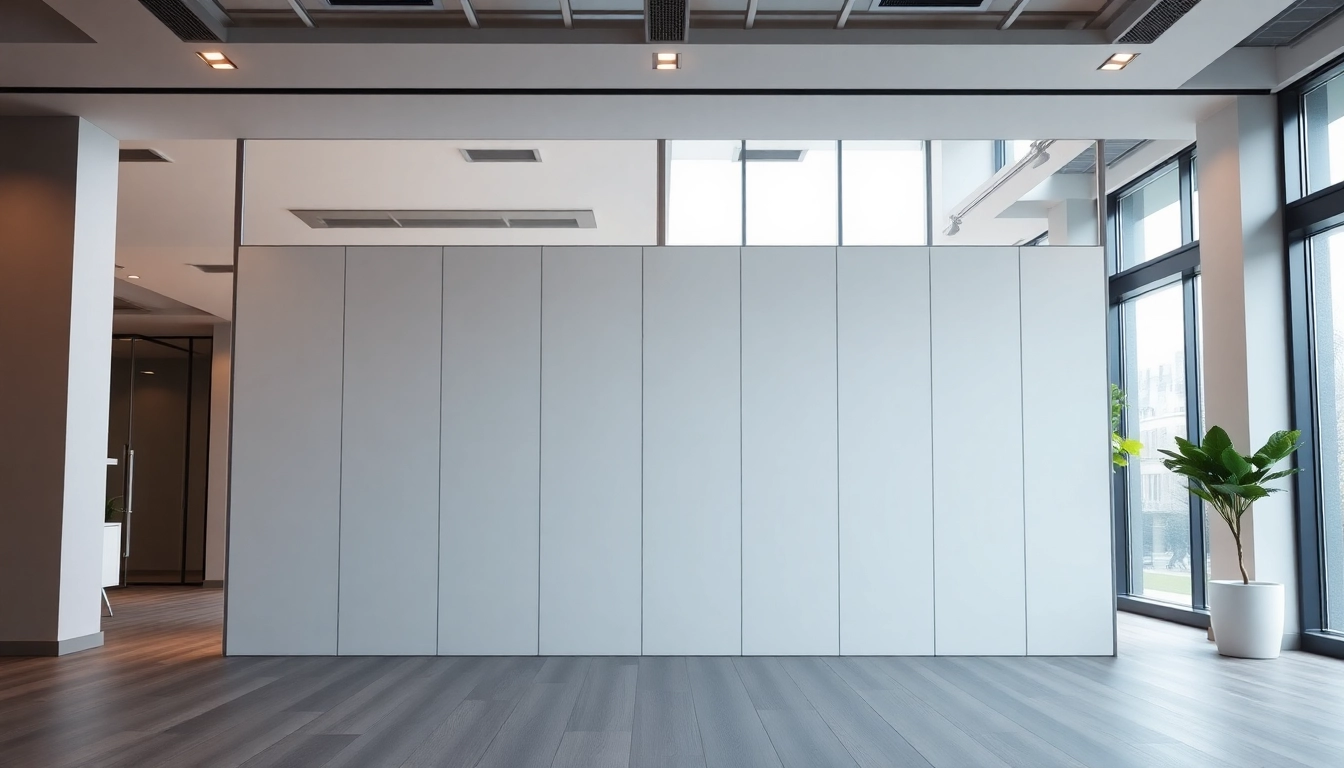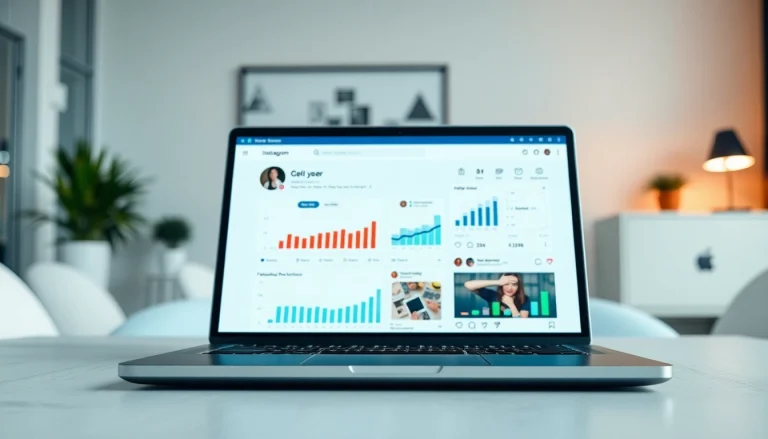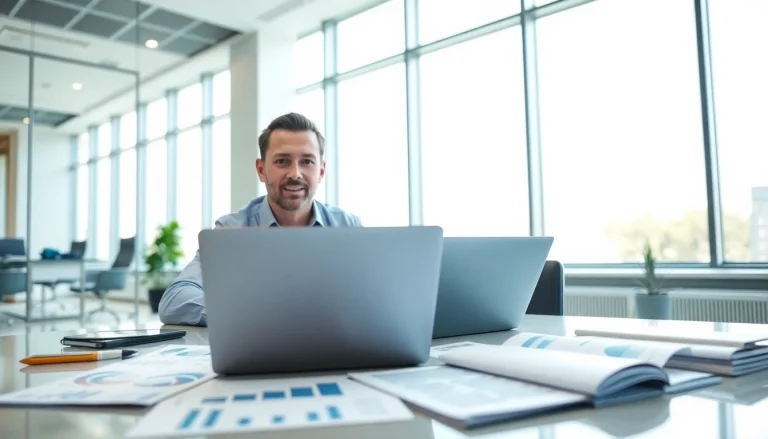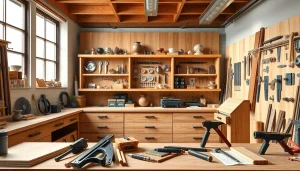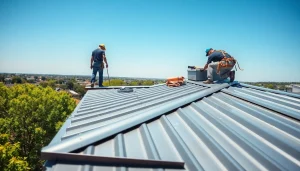Understanding the Basics of Folding Partition Walls
Folding partition walls represent an innovation in space management and functionality. They are versatile dividers that empower businesses and homeowners to optimize their environments seamlessly. From enhancing productivity in offices to creating cozy spaces in homes, a Folding Partition Wall is a strategic tool for efficient space utilization.
What is a Folding Partition Wall?
A folding partition wall is a movable wall system designed to divide a large area into smaller, functional spaces quickly and easily. These partitions can be retracted or expanded as needed, providing flexibility in layout and usage. They often consist of multiple panels hinged together, allowing them to fold when not in use. They can be made from various materials, including wood, metal, and fabric, and are commonly used in both commercial and residential settings.
Key Features and Benefits
- Versatility: Folding partitions can be configured in numerous ways to meet the specific needs of a space.
- Sound Reduction: Many folding walls are designed to provide sound insulation, making them ideal for conference rooms or shared working areas.
- Space Saving: They can be folded away when not in use, maximizing usable area.
- Quick Installation: Most folding partitions can be installed in a matter of hours, minimizing disruption to the space.
- Aesthetic Appeal: With various design options available, they can enhance the overall look of a space.
Common Applications in Different Settings
Folding partition walls have applications across various settings:
- Commercial Spaces: In offices, they create meeting rooms, collaborative spaces, or private areas for focused work.
- Educational Institutions: Schools and universities benefit from them by transforming large auditoriums or gymnasiums into smaller classrooms for efficient learning.
- Hospitality: Hotels and restaurants utilize folding walls to create event spaces that can be adjusted according to different sizes of gatherings.
- Residential: Homeowners leverage them to create flexible living spaces, like turning a single-room into multiple areas for work or leisure.
Types of Folding Partition Walls
Traditional vs. Modern Designs
Folding partition walls come in both traditional and modern designs. Traditional designs, often characterized by solid wood and classic moldings, can enhance the elegance of a formal space. On the other hand, modern designs usually feature minimalist aesthetics, employing materials like glass and lightweight composites to create an airy, open feel.
Material Options: Wood, Fabric, and Glass
The choice of materials for folding partition walls significantly impacts their functionality and appearance:
- Wood: Provides warmth and classic beauty while offering sound insulation. Ideal for traditional settings.
- Fabric: Lightweight and offered in various colors and patterns, fabric partitions are perfect for creating a casual ambiance.
- Glass: Perfect for modern spaces, glass partitions allow for natural light flow and maintain an open concept while providing visual separation.
Choosing the Right Size and Configuration
Selecting the correct size and configuration for a folding partition wall is key to maximizing space efficiency. It’s essential to measure the area accurately and understand how the partition will be utilized. Considerations include the height and width of panels, the number of folds, and the overall design theme of the space.
Installing a Folding Partition Wall: Step-by-Step
Planning Your Space Layout
Effective installation begins with thorough planning. Start by considering the purpose of the folding partition wall and identifying the best layout for your space. Sketch a layout that integrates the partition with existing furniture and pathways.
Tools and Materials Needed
Before commencing installation, gather the following tools and materials:
- Drill and drilling bits
- Screws and wall anchors
- Measuring tape
- Level
- Stud finder
- Your chosen folding partition wall kit
Professional Installation vs. DIY Approach
While installing a folding partition wall can be a DIY project, many prefer hiring professionals for precise installation. Professionals bring expertise, ensuring the wall is securely mounted and operates correctly, minimizing the risk of damage or malfunction. DIY installation, however, can be cost-effective if you have the necessary skills. Assess your comfort level and the complexity of the installation before making a decision.
Maintenance and Care for Your Folding Partition Wall
Best Practices for Longevity
To ensure the longevity and optimal functioning of your folding partition wall, implement the following maintenance practices:
- Regularly check the hinges and tracks for dirt or debris to ensure smooth operation.
- Avoid slamming or excessive force during opening and closing.
- Periodically inspect the aesthetic finishes for any signs of wear or damage.
Common Maintenance Issues and Solutions
Some common issues include sticking panels, misaligned tracks, and wear on fabric coverings. For sticking panels, lubricate the hinges and ensure the tracks are clean. Realigning tracks may require adjusting screws or reattaching fixtures. For fabric wear, cleaning or replacing panels may be necessary to maintain aesthetics.
When to Consider Professional Help
While many maintenance tasks are straightforward, some situations may call for professional intervention. If you experience persistent functionality issues, major structural problems, or notice significant wear and tear on the panels, consulting a service technician can save time and potentially costly repairs down the line.
Case Studies: Success Stories with Folding Partition Walls
Commercial Settings: Offices and Conference Rooms
In a leading advertising firm based in New York City, the installation of a folding partition wall transformed a large conference room into smaller, multi-purpose meeting spaces. Post-installation, the firm reported a 30% increase in utilization of the conference area, allowing multiple teams to collaborate simultaneously without interruptions.
Residential Applications: Homes and Studios
A family in San Francisco utilized a folding partition wall to convert their open-plan living area into a quiet home office. The retractable panels allowed parents to create a designated workspace during work hours and open up space for family activities in the evening. Their feedback highlighted improved productivity and enhanced family engagement.
Feedback from Clients and Users
Clients universally appreciate the aesthetic and functional benefits that folding partition walls deliver. Many highlight how these systems not only complement their décor but also adapt effortlessly to changing needs. User testimonials indicate enhanced flexibility in space usage, leading to happier and more productive environments.
